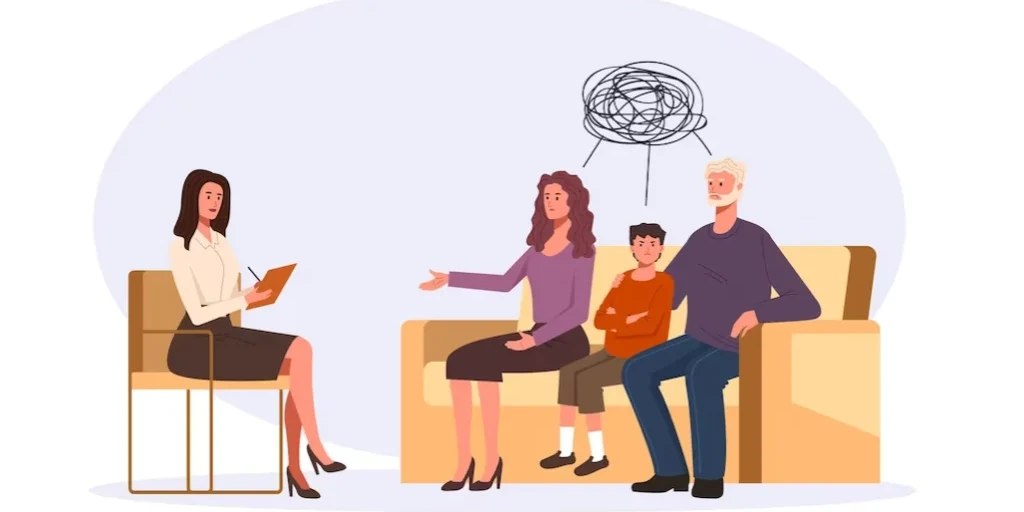24/7 Helpline:
(866) 899-111424/7 Helpline:
(866) 899-1114
Other Insurance Options

Ambetter

Self-pay options

Medical Mutual of Ohio

MVP Healthcare

CareFirst

BlueShield

Oxford

Access to Recovery (ATR) Voucher

Covered California

Providence

Multiplan

Optima

Group Health Incorporated

Aetna

MHNNet Behavioral Health

Amerigroup

Anthem

Molina Healthcare

WellCare Health Plans

Premera






















